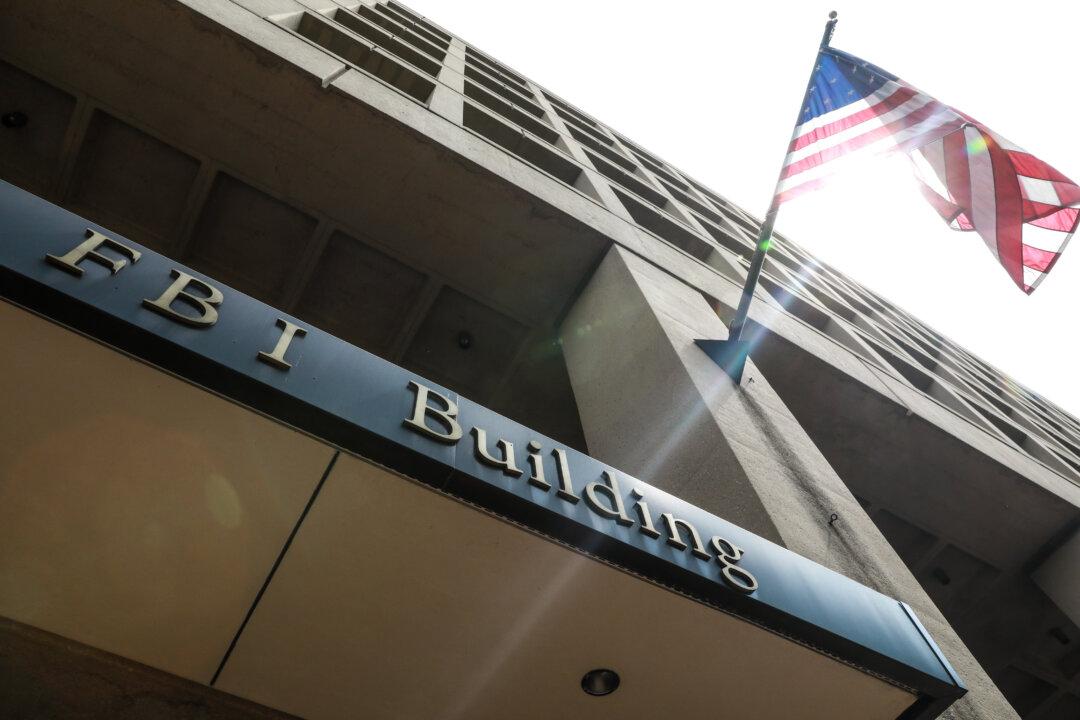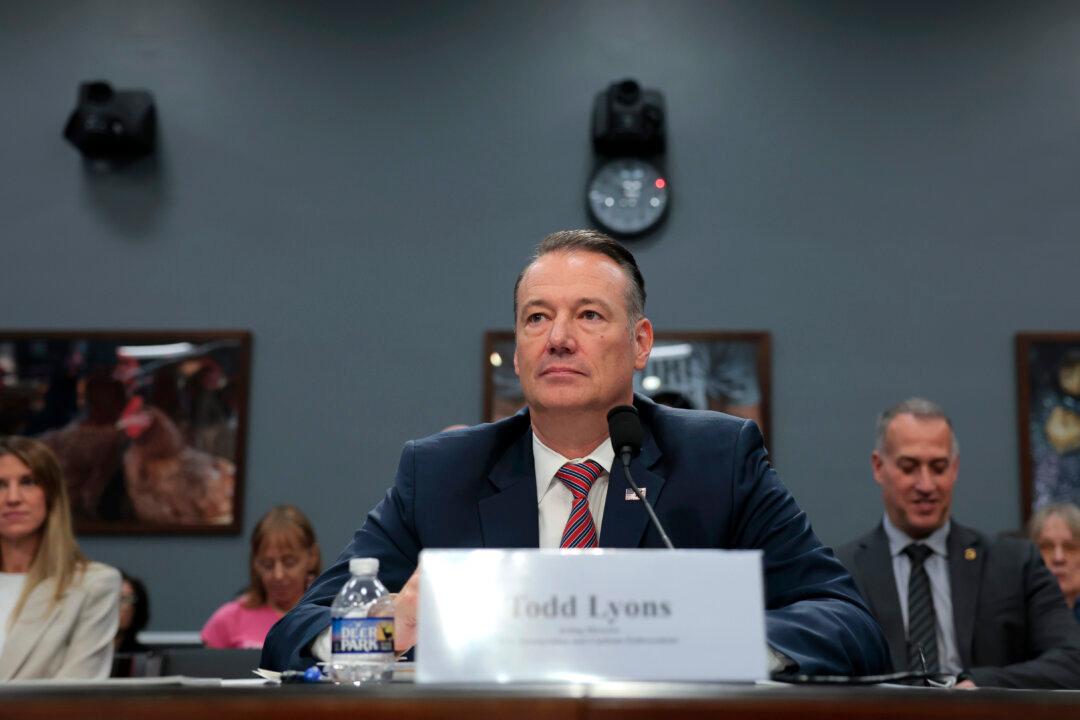NEW YORK—The FBI (Federal Bureau of Investigation) is investigating China-related cases of economic espionage across the country as a growing list of prosecutions against academics and researchers makes the headlines.
The Bureau reports that the Chinese regime is using “non-traditional collectors,” such as professors, researchers, and front companies—as opposed to traditional undercover spies—to acquire sensitive technology from the United States.





